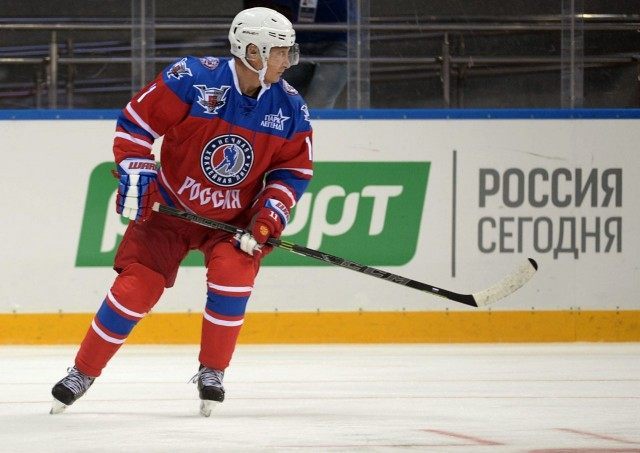The Russian Kontinental Hockey League (KHL) will expand into China for the next season, which begins in September 2016.
Roman Rotenberg, the first vice president of the Russian Ice Hockey Federation, proclaimed those “at the top state level” approve of the partnership.
Rotenberg said:
I was in Beijing recently together with Chairman of the KHL Board of Directors Gennady Timchenko and we held a lot of meetings at the state level. The focus is on infrastructure and the number of ice hockey players. This is the foundation. So far, there are not many persons in China playing ice hockey. There is support for that. Serious work is under way in this direction.
The task is to build a hockey vertical: a KHL team, a second team playing in the Chinese league, a team in the youth league and mass involvement so that all who wish can play ice hockey and there should be more ice rinks that are public and open for all. This is a priority task.
The KHL includes 22 teams in Russia and six across Belarus, Croatia, Finland, Kazakhstan, Latvia, and Slovakia. Vyacheslav Fetisov, who sits on the board of directors, wants to include two teams in China.
China hosts the 2022 Winter Olympics. The government put ice hockey as a top “priority” beforehand in order to compete on the same level as Canada, the U.S., and Russia.
The International Ice Hockey Foundation (IIHF) said only 610 people out of 1.3 billion play the game, but the organization sees potential in the market.
By subscribing, you agree to our terms of use & privacy policy. You will receive email marketing messages from Breitbart News Network to the email you provide. You may unsubscribe at any time.
“Asia for me is a place where we have a huge potential to develop our game [ice hockey]…. We play in the East, Vladivostok, Khabarovsk, and you know Russia is a huge, big country,” said IIHF President Rene Fasel. “So, also maybe there is something to do with China. Maybe in the future, why not to have some Chinese team participating in the KHL?”
In June, the NHL drafted its first Chinese player. The New York Islanders chose 18-year-old Andong Song with their 172nd pick. Yu Tiande, ice hockey chief of China’s ministry of sports, told NBC the kid could be “the Yao Ming of Chinese ice hockey.”
The KHL wanted to expand further into Europe, but high tensions between the EU and Russia quashed those plans. When Fetisov was elected to the board, he insisted it was essential to keep lucrative talent in the KHL. He even threatened to ban KHL players from the NHL. Fetisov made history in 1989 when he became the first Russian to receive a work visa and left for the NHL at the age of 31.

COMMENTS
Please let us know if you're having issues with commenting.